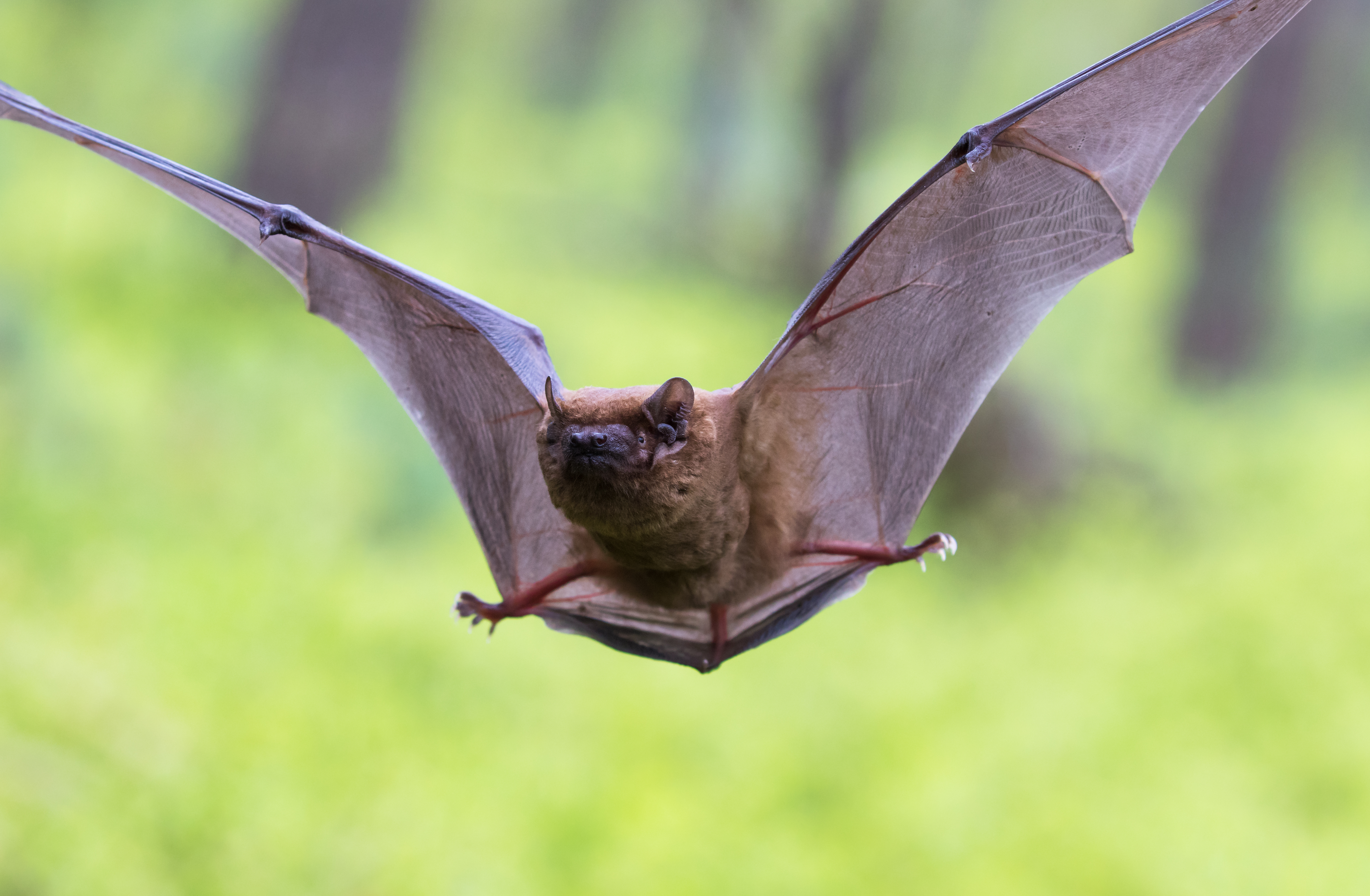Impact of woodland coppicing on bats

Very little is known about the impact coppicing has on bats in the UK, many of which have seen drastic declines. This research is changing that.
Traditional woodland management
Coppicing is a traditional woodland management technique. Young tree stems are repeatedly cut down near the ground. This encourages new shoots, and increases the age structure of the wood and the life of the trees. More light also reaches the ground. All of which benefits butterflies, other insects and hazel dormice.
However, the impact on woodland bats is less clear. This is because some bats may thrive on the greater insect availability. But other species may find it too open for foraging and lose places to roost.
Woodland coppicing comparison
We’re funding a six-year investigation to find out more about the effects of woodland coppicing on bats. Led by the volunteer Cambridgeshire Bat Group, two local woods will be compared. One is already being gradually coppiced, and coppicing will begin at the other. Bat detectors will identify which bat species are using each woodland. The comparison should therefore reveal how the changing woodland structure impacts different bat species. As a result, we can give confident, sound advice to foresters and landowners on keeping their woods bat-friendly.
Latest update
Thanks to your kind donations last year in 2018, the team have been able to buy ten specialist bat detectors. Since last Halloween, the detectors have been put out across the two woods so that they can see which bat species are using the different areas, and what level of activity there is, before they start the woodland coppicing work this winter.
